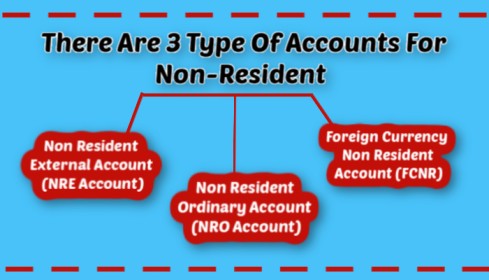What are the Differences Between Foreign Direct Investments and Foreign Portfolio Investments?
In the world of investments, terms like Foreign Direct Investment in India and FPI (Foreign Portfolio Investment) often get mixed up, creating confusion for many investors. Well, they might sound similar, but they work in different ways. Let's keep it simple and explore what sets them apart, so you can make decisions that match your financial goals.
Understanding Foreign Direct Investment and Foreign Portfolio Investment
FDI also known as Foreign Direct Investment means a long-term investment where a business from one country sets up shop in another country. It could be by buying assets, shares, or starting a new business there.
FPI also known as Foreign Portfolio Investment, on the flip side, is a more temporary deal. Investors put their money into the financial stuff of another country, like stocks or bonds, without actively running the show.
Understanding The Differences
Nature of Investment:
- FDI: Putting money in another country for the long haul, often with a say in how things are run.
- FPI: Investing in financial stuff without taking control of the business.
Duration of Investment:
- FDI: Usually a long-term commitment, sticking around for many years.
- FPI: Short to medium-term, like a quick visit rather than a long stay.
Influence on Management:
- FDI: You get to have a say in how the business is run.
- FPI: You're more of a bystander, not making the big decisions.
Risk and Return:
- FDI: More risk, but a chance for bigger rewards.
- FPI: Considered less risky, but how much you get back can change based on how things go in the market.
Suitability for Whom?
- FDI: If you want to be hands-on and stick around for a while.
- FPI: If you prefer a hands-off approach, just dip your toes into foreign investments.
Types of FDI
- Horizontal FDI: Companies here replicate their success model abroad, tapping into familiar territories and markets.
- Vertical FDI: This type allows companies to secure their supply chains by owning or controlling businesses that contribute to their main operations.
- Conglomerate FDI: Companies venture into diverse businesses, spreading risks and exploring new opportunities in foreign lands.
- Platform FDI: This strategy enables companies to optimize production in one country and export goods efficiently to another, often leveraging cost advantages.
Asset Classes for FPI
- Shares, Debentures, and Warrants
- Units of Mutual Funds
- Units of Collective Investment Schemes
- Derivatives
- Units of REITs, InvITs, and Category III AIF
- Indian Depository Receipts
- Debt Securities
Making a Choice
- Thinking about FDI: If you're up for being part of a foreign business for the long term and want a say in how it's run, FDI is your match.
- Considering FPI: If you'd rather take a back seat, spreading your money around in foreign stocks and bonds without getting too involved, FPI might be more your speed.
Conclusion
In the world of investments, knowing the difference between FDI and Foreign Portfolio Investment Services in India helps you make choices that fit your money goals. Whether you're diving into the long-term adventure of FDI or testing the waters with FPI, Samarth Capital helps you keep it clear and simple ensuring your journey in the global financial scene stays on the right track. Remember, your choices should match what you want to achieve with your money, making sure you're on the path to financial success.


.jpg)

Comments
Post a Comment